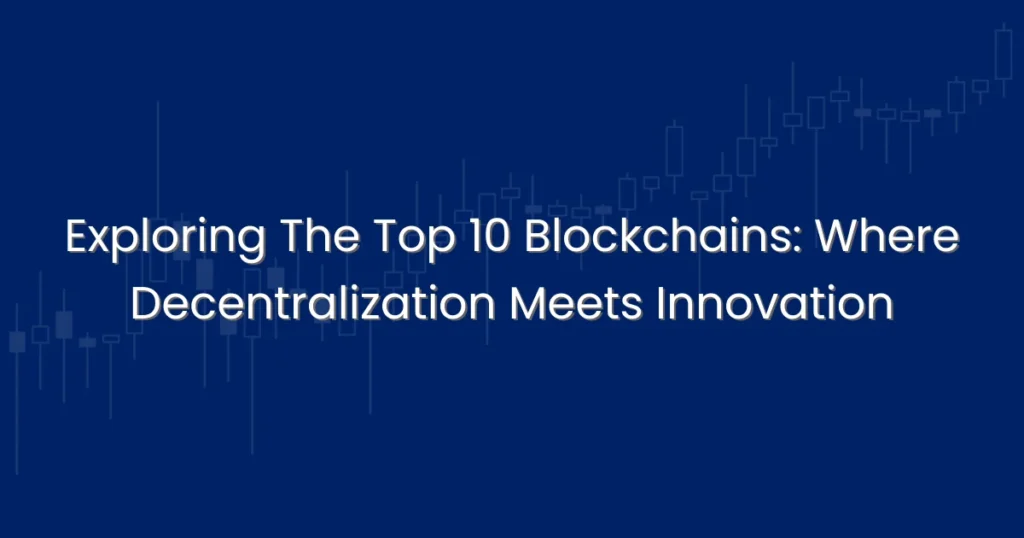
Chain of Blocks technology is rapidly developing at an impressive rate. While it’s hard to pinpoint the exact number of global blockchains (since there are various private and public chains not widely known), we can highlight some of the more notable and influential ones up until early 2022 – here’s our Top 10 Blockchains list:
Starting with Bitcoin’s rise as an alternate digital currency to its use in smart contracts, Chain of Blocks have changed the digital landscape immensely. What started as an open ledger technology aimed at supporting cryptocurrencies has now expanded into various sectors with promises of transparency, security, and decentralization – let’s examine some of the top global Chains of Blocks making waves now!
1. Bitcoin
(Type: Public and Proof-of-Work)
Overview:
As one of the first blockchains ever to introduce a decentralized digital currency, Bitcoin remains one of the best-known and costliest cryptocurrencies today.
2. Ethereum
(Type: Public and Proof-of-Stake, transitioning to Ethereum 2.0)
Overview:
Ethereum is a well-known digital currency that promotes accessibility and openness by running on a public blockchain.
With the switch from the Proof-of-Work (PoW) consensus mechanism to Proof-of-Stake (PoS), Ethereum—which is well-known for its smart contract capabilities—is going through a major change.
Ethereum 2.0 update, is an important update targeted to deal with the scalability problem and environmental challenges connected to Proof of Work (PoW).
3. Binance Smart BlockChain
(Type: Public, Proof-of-Staked-Authority)
Overview:
BSC offers an alternative solution to Ethereum’s scaling issues by offering faster and less expensive platforms for DApp development and token creation.
4. Cardano
(Type: Public Proof-of-Stake)
Overview:
Cardso is a research-led platform that prioritizes security, scalability, and sustainability to foster an environment in which there can be less conflict and imbalance.
5. Polkadot
(Type: Public, Multi-Chain)
Overview:
Polkadot’s innovative multi-chain structure was designed for maximum scalability by linking different Chain of Blocks together seamlessly to transfer messages and values between each Digital coin chain seamlessly.
6. Ripple
(Type: Private)
Overview:
Ripple runs on a private Chain of Blocks that specializes in fast and cost-effective international transactions between financial institutions. Focused on enhancing the efficiency of cross-border payments, Ripple’s technology aims to provide financial companies with a seamless and secure platform, promoting efficiency in the global financial world.
7. Litecoin
(Type: Public Proof-Of-Work)
Overview:
Litecoin has long been known as “the silver to Bitcoin’s gold,” offering unique hashing algorithms and faster transaction speeds than Bitcoin.
8. Chainlink
(Type: Public, Oracle Token)
Overview:
(Public and Decentralized Oracle Network) enables smart contracts on Chain of Blocks technology with access to trusted data for smart contracts on it – helping bridge the gap between Chain of Blocks tech and practical use cases.
9 Stellar Consensus Protocol).
Stellar stands out by simplifying cross-border transactions and is thus an attractive platform for financial solutions.
9. Tezos
(Type: Public and Self-Amending):
One unique feature of the Tezos public Chain of Blocks is its self-mutation system, which enables seamless updates through internal chain management. Tezos, which emphasized security and scalability during development, allows its stakeholders to vote on improvements to the protocol as a group. This innovative method fosters a more adaptive and long-lasting blockchain ecosystem by reducing the need for hard forks.
Tezos follows decentralized decision-making principles, allowing users to actively participate in the growth of the network.
It also provides a flexible and dynamic platform for decentralized applications (DApps) and smart contracts.
10. Tron
(Public Delegated Proof-of-Stake)(Block Chain)
Overview:
Uberblick: Tron is designed to decentralize the internet by emphasizing content creation and consumption without third-party interference. It focuses on building a decentralized entertainment ecosystem that allows content creators to connect directly with consumers.

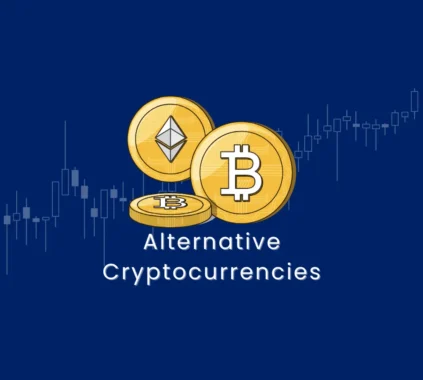

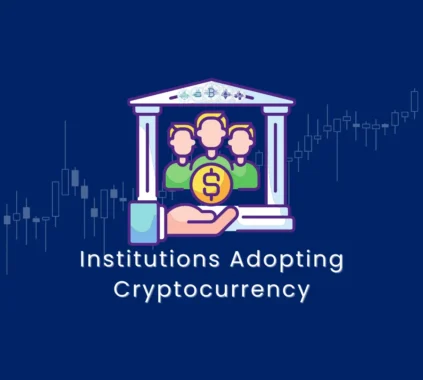
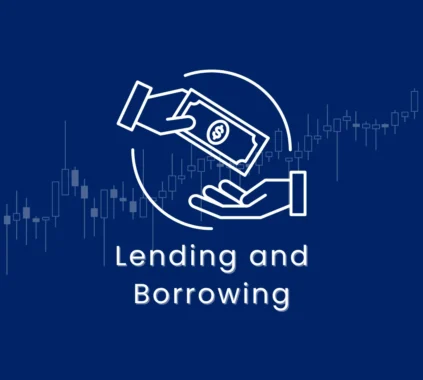


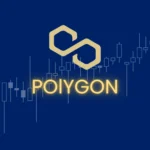


[…] fully appreciate the history of cryptocurrency, one must look at the precursors that set the stage for its inception. The idea of digital currency […]